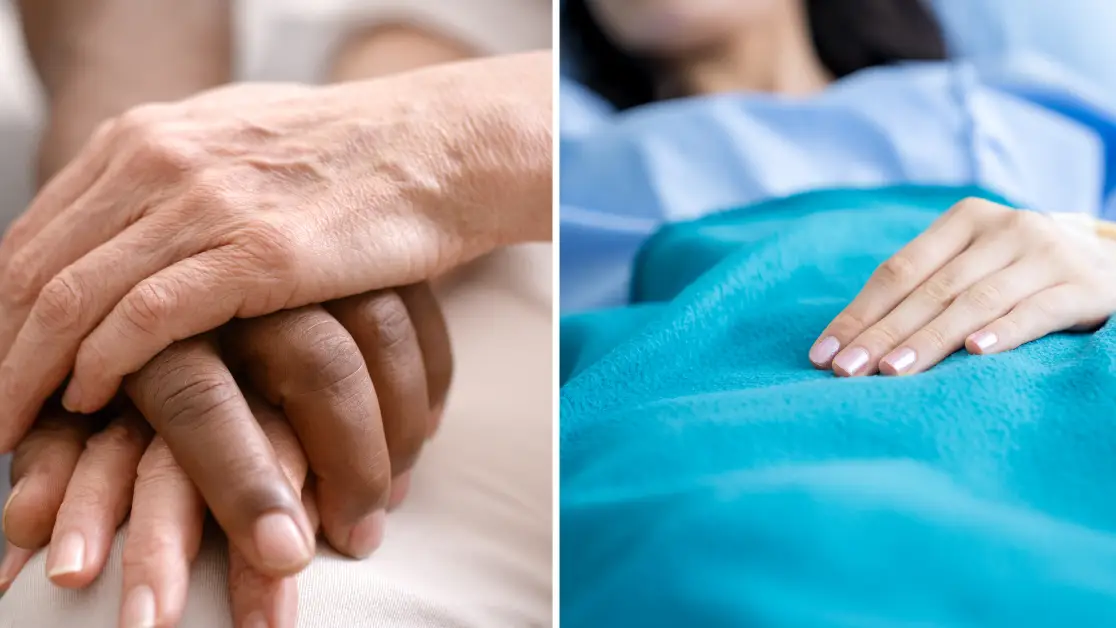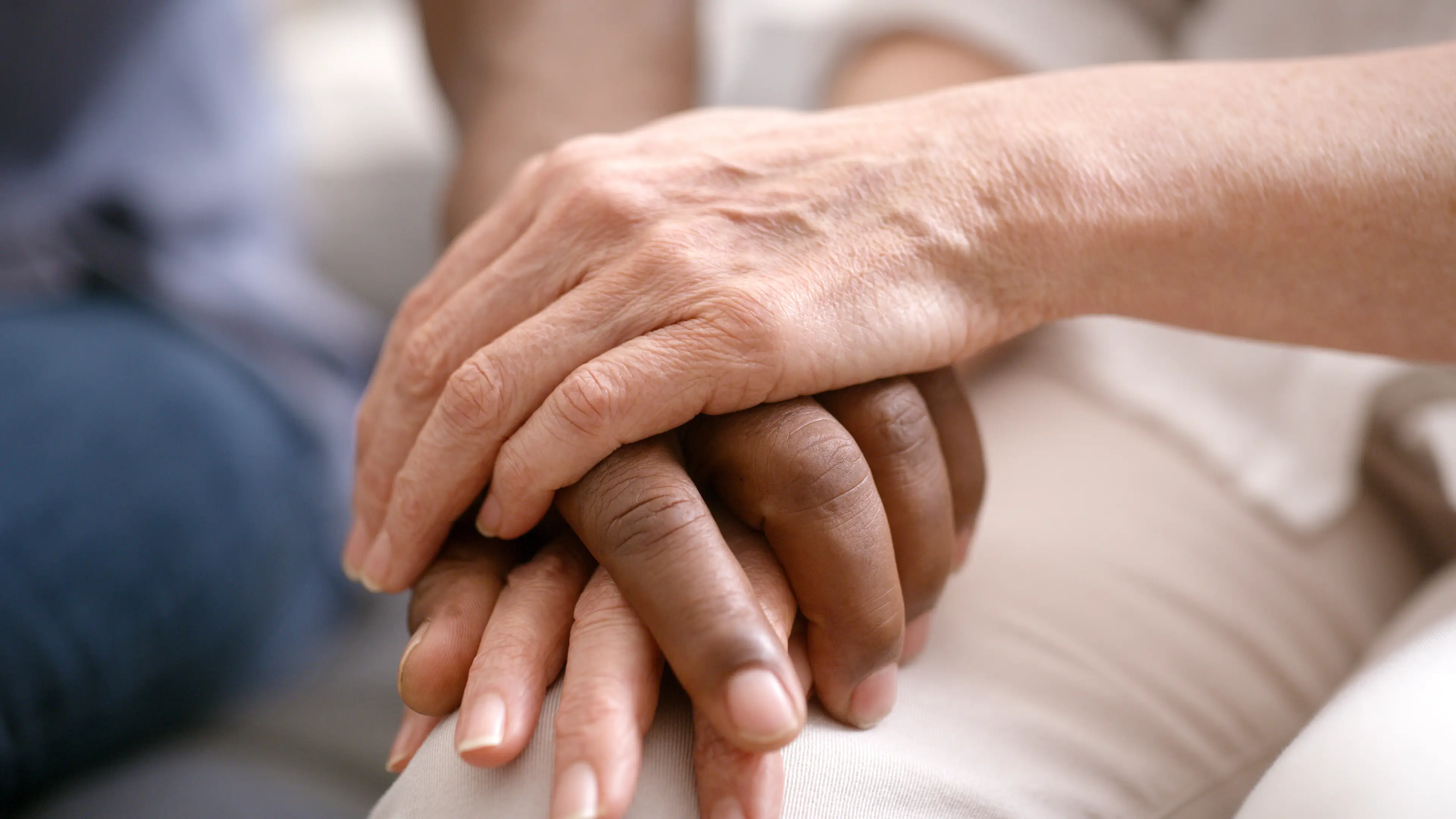
For some people, the subject of death is one to be steered well clear from and avoided at all costs when it comes to dinner party conversation.
And while many of us make an active effort to not dwell too much on what happens when we pass, others, however, are clearly way more intrigued.
So, to help such people navigate the tricky topic and understand a little more about what happens in a person's final moments, a cancer doctor has revealed that most people will say one of four things right before they die.

Advert
Now, everyone leads a completely different life to the next person.
From their relationships and family life, all the way through to their hobbies and career - it's clear that we're all very unique when it comes to everything we've experienced throughout the years.
Yet, with that said, we all apparently share in common four phrases when it comes to what our final words are on our deathbeds.
Speaking at the University of Pennsylvania back in March, Pulitzer Prize-winning author and oncologist, Siddhartha Mukherjee, explained: "Every person that I’ve met in this moment of transition wanted to make four offerings."

So, without further ado, let's get into it.
'I want to tell you that I love you'
The first phrase, according to the expert, is: "I want to tell you that I love you."
Mukherjee says that we should be taking the word 'love' seriously, explaining: "You’re living in a world where love and forgiveness have become meaningless, outdated platitudes. ... They’re words people have learned to laugh at."
'I want to tell you that I forgive you'
Up next is: "I want to tell you that I forgive you."
According to the doctor, love and forgiveness seem to go hand in hand as he warns: "Love and forgiveness, death and transition. Waiting [to express yourself] merely delays the inevitable."

'Would you tell me that you love me?'
Third on the list is: "Would you tell me that you love me?"
Mukherjee states that we should be using words like 'love' and 'forgiveness' in a way that feels authentic to ourselves as individuals.
"I dare you to use these words," he said. "But not as empty clichés. Imbue them with real meaning. Do it your way, whatever your way is."
'Would you give me your forgiveness?'
And last on the list is: "Would you give me your forgiveness?"
Mukherjee says that people who know they’re dying often express some variation of one of these four themes.
This, according to the expert, indicates that the person waited until it was too late
to show their appreciation for others or right their wrongs.
So, instead of acting fast, they held onto long grudges, lived with unresolved guilt or spent a lifetime being too afraid to be vulnerable.
Bit macabre but the more you know - eh?
If you have experienced a bereavement and would like to speak with someone in confidence, contact Cruse Bereavement Care via their national helpline on 0808 808 1677.